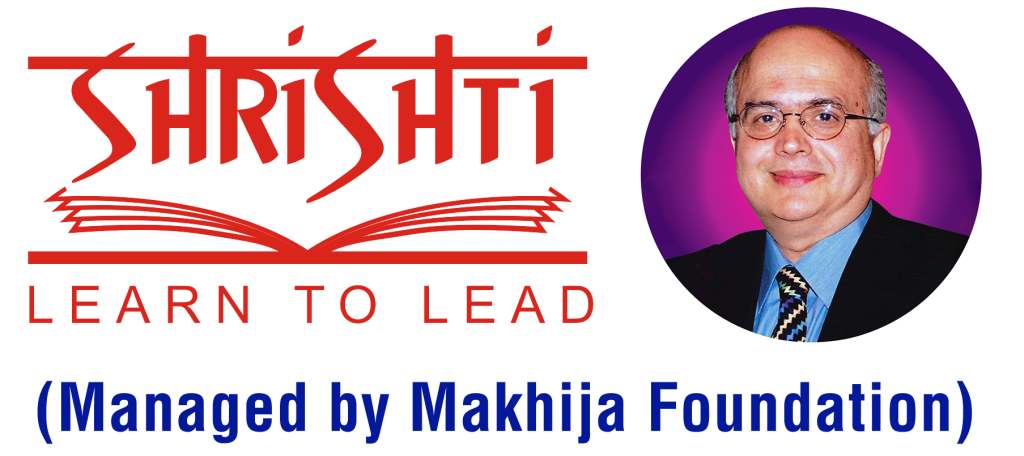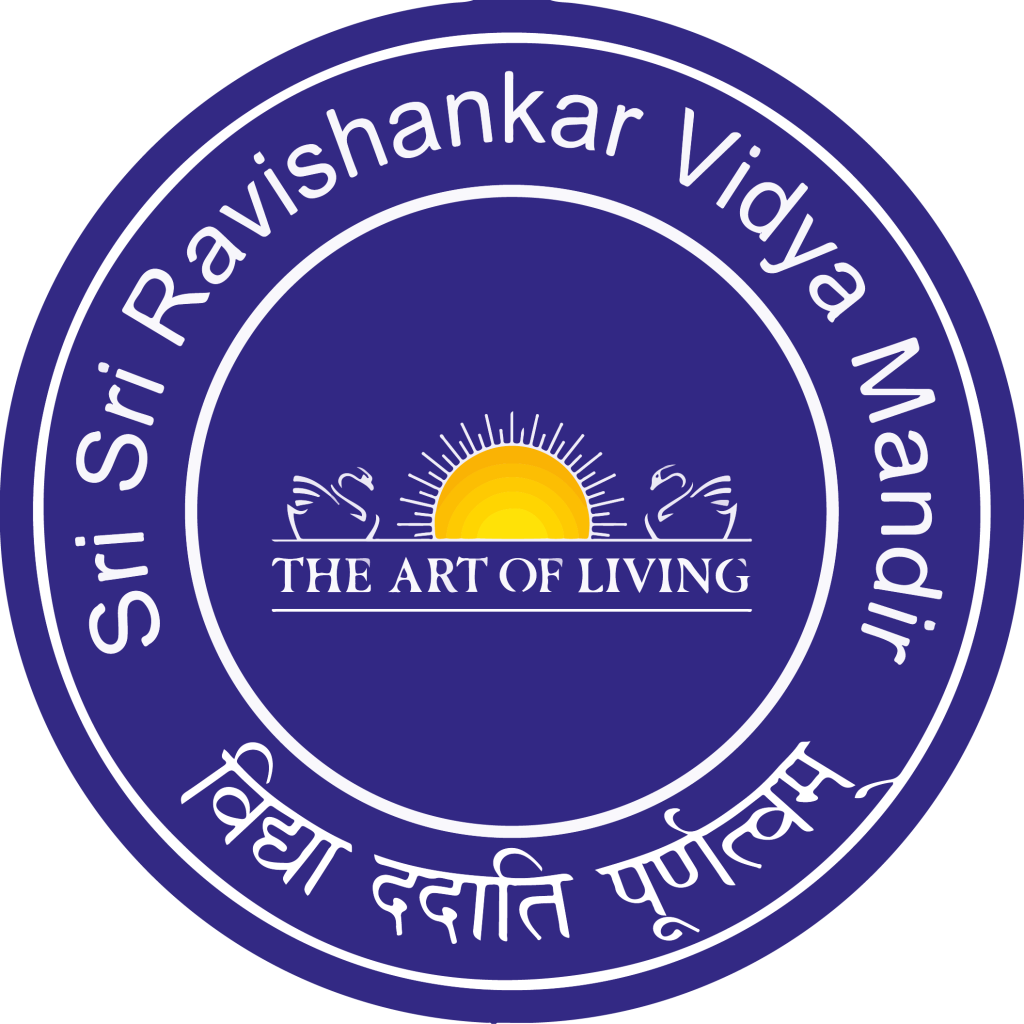Learning Methodologies
1. Retention and Understanding:
Effective learning methodologies promote better retention of information and deeper understanding of concepts by engaging learners through various techniques such as visual aids, hands-on activities, and interactive discussions.
2. Transfer of Knowledge:
A well-designed learning methodology facilitates the transfer of knowledge and skills from the learning environment to real-world applications, enabling learners to apply what they have learned in different contexts.
3. Adaptability:
Learning methodologies that accommodate diverse learning styles and preferences empower learners to adapt to different learning environments and situations, fostering flexibility and resilience in their learning journey.
4. Self-Directed Learning:
By encouraging active participation and independent inquiry, learning methodologies cultivate self-directed learning skills, allowing learners to take ownership of their learning process and pursue their educational goals autonomously.
5. Critical Thinking and Problem-Solving:
Engaging learners in challenging tasks and problem-solving activities stimulates critical thinking skills and encourages them to analyze information critically, make informed decisions, and solve complex problems effectively.
6. Collaboration and Communication:
Learning methodologies that emphasize collaboration and communication skills enable learners to work effectively in teams, share ideas, and communicate their thoughts and perspectives articulately, preparing them for success in diverse social and professional settings.
7. Lifelong Learning:
Ultimately, effective learning methodologies instill a lifelong love of learning by fostering curiosity, creativity, and a growth mindset, empowering learners to continue seeking knowledge and skills throughout their lives.



